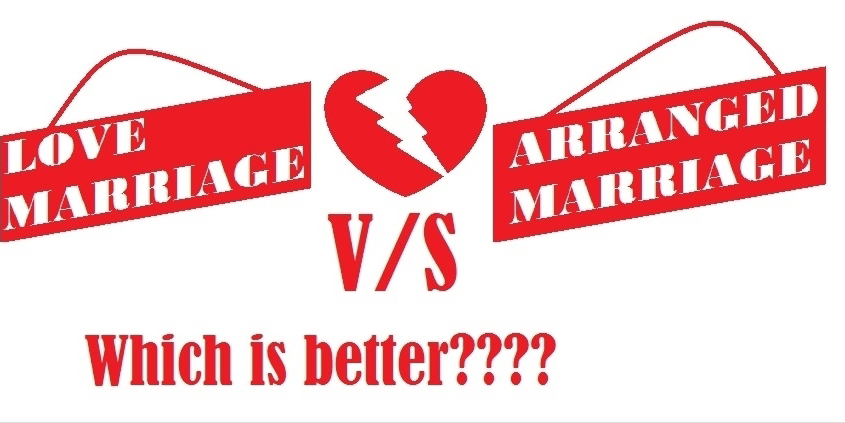Relevance of syllabus :- kinship and marriage
Arranged marriage
Arranged marriage refers to a marriage where at least one member of the couple has little or no influence on the choice of partner. the bride and groom are selected by a third party rather than by each other.
Structural functionalist :- maintaining stability with in a culture that enforce strict family traditions. Being told who to spend the rest of your life with solely for the benefit of the entire family and not oneself. Influence factors -Wealth, farmland, reputation and social status.
Conflict perspective :- these perspective would discourage arranged marriage, as they usually ensure that traditional roles are being followed and that the man has more financial responsibility than the woman.
Symbolic interactionism :- based on negotiation so that both families can come to an understanding and agree on the marriage. Influence factors are - social status, education and attractiveness.
Social exchange theory :- each family tries to maximize the benefits while minimising the costs when finding an appropriate partner. They will try to find economic or social status benefits for the young adult and his or her family. A dowry or a bride price may be offered to ensure that the exchange is good.
Social homogamy theory :- the highest correlations for attraction are age, race ethnic background background, religion, socio-economic status, and political views. These are the main characteristics that the family and marriage brokers look for in a partner for an arranged marriage.
arranged marriages serve six functions in the Indian community.
(1) helps maintain the social satisfaction system in the society;
(2) gives parents control, over family members;
(3) enhances the chances to preserve and continue the ancestral lineage;
(4) provides an opportunity to strengthen the kinship group;
(5) allows the consolidation and extension of family property;
(6) enables the elders to preserve the principle of endogamy
1.Assurance of social status and social sanction :- it leads credibility and social recognition for a secured conjugal life.
2.risk of incompatibility is diminished :- arrange marriage presuppose that two people are perfectly matched beacuse they belong to the same culture.cultural similarities of partners.
3.Cultivating traditional or inter-generational values :- lot of love and guidance from experience hand- grandmother and grandfather.
4.low divorce rate compare to love marriage :- long lasting relationship.
5.Changes in criteria of arranged marriage, traditional ( Caste, religion, and social and economic status ) over time ( education , employment and appearance ) there is also growing emphasis on potential interpersonal compatibility.
6.emergence of new form of arrange marriage with help of technology :- channels of matchmaking as matrimonial ads are prevalent in urban India and middle class .
Criticisms
1.promote gender inequality :- domestic violence, marital rape and less decision making power of the woman.
2.dowry problem :- arrange marriage try to legitimate the dowry system.
Love marriage
A love marriage is one which is driven solely by the couple, with or without consent of their parents, as opposed to arranged marriage.
Historically marriages were arranged the adult members of the family to keep the clan intact based on social economic status, communal affiliation and other ethnic identies. To maintain the purity of the family line some societies also practised kinship marriage.
Modernization theory argue that Increase in the level of development, education, increase in mobility, individualism, freedom of choice and nuclear families. Moreover kinship authority will be challenged and society will gradually open up to more modern marriage practices.
1.combined decision making :- gender inequality-more independence and freedom .
2.literacy rate of parents to understand how importance it is to let one make thier own decisions in life.
3.Realising social equality :- two different communities caste and social groups come together in love marriage - both give rise to new class of people when they get thier offspring.
4.caste and religious matter :- parents priorities caste, religion and culture over love Marriage . - Christians and muslims are slightly more likely to have love marriage than Hindus.
5.Role of state level institutions within regions :- cash incentives by central government in Delhi - Dr b r Ambedkar scheme for social integration through inter-caste marriage
Criticisms
1.honour killing common in inter-caste marriage ( especially in northern India ).
2.lack of social insurance :- facing financial problems - no protection and help from parents.
3.subsequent disillusionment and idealization of the marital partner.
4.Love marriage end up in divorce more frequently than arranged marriage :- beacuse More problems between families and lack of support from family and relatives.Ego and responsibility taking.



